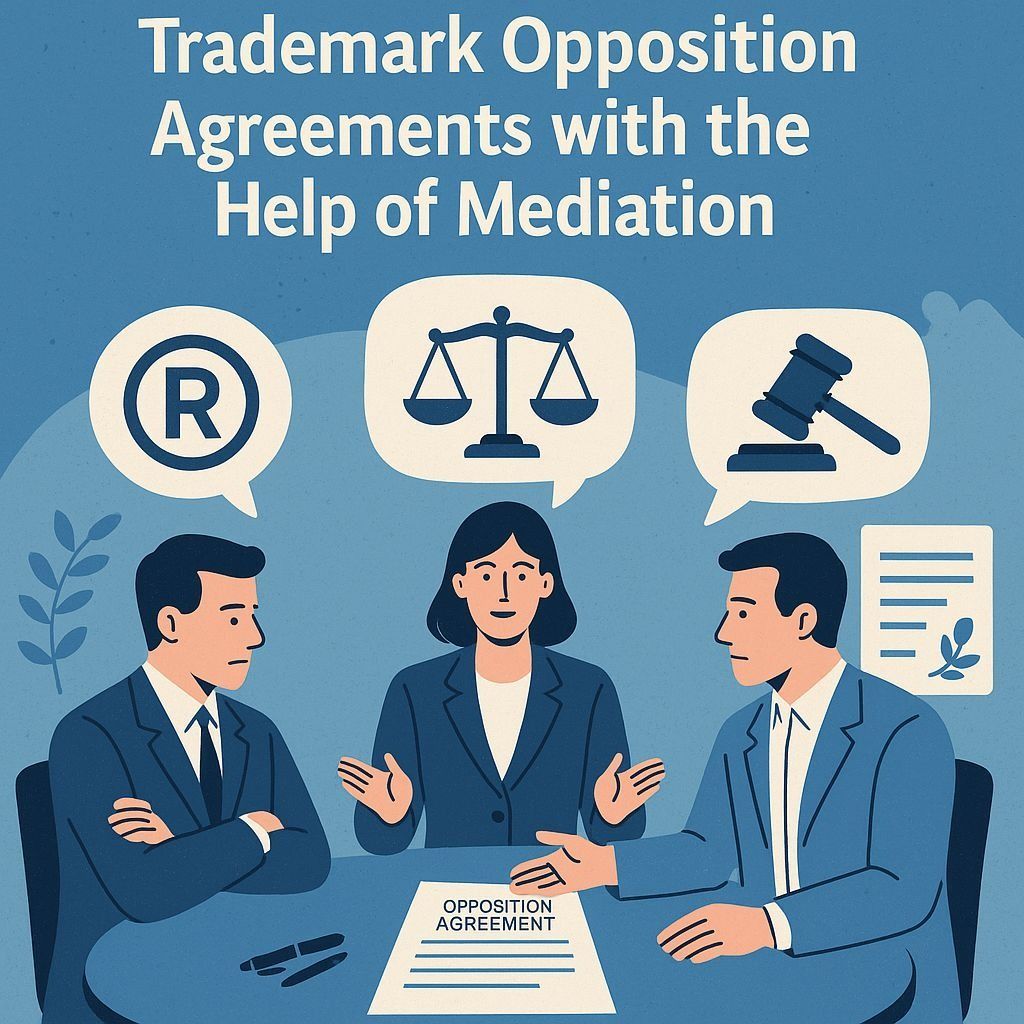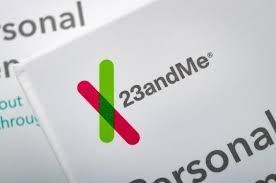General Information About Copyright, Inheritance, and Estate Planning Ideas for Authors to Consider
I was recently asked by an author to provide some general information about copyright, inheritance rules, and some good estate planning ideas for authors to consider. Since I figured other authors could benefit from this same information, I decided to include it in my next blog post.
Copyright protects original works of authorship, such as literary, dramatic, musical, and artistic works. Copyright grants the creator exclusive rights to use, distribute, make derivatives and modify the work. In the United States, for works created after January 1, 1978, copyright protection lasts for the life of the author plus 70 years. However, if the work is created by a company or other entity, the copyright lasts 95 years from publication or 120 years from creation, whichever is shorter.
As far as inheritance, this is definitely where you want to check in with an estate planning attorney, I highly recommend Rebeka Martin for Florida residents. However, what I can say on a basic level about estate planning and copyright is when an author dies, their copyrights become part of their estate and can be inherited by their heirs. The distribution depends on the laws of the state and the estate planning documents (e.g., will, trust).
If the author dies without a will (intestate), state laws determine how the distribution of assets will proceed, including any copyrights and intellectual property. If the author has a will or trust, the copyrights are distributed according to those documents. I am personally a big fan of trust documents because it helps to avoid probate if set up correctly.
Once ownership amongst the heirs is determined, heirs can manage the copyrights, including licensing, selling, or otherwise using the rights. It’s crucial for heirs to understand the value and potential revenue streams from the copyrighted works. The heirs will want to choose someone knowledgeable about literary works and copyrights who can handle the management and exploitation of the works after the author’s death.
It is important for both the author and later his/her heirs to maintain an up-to-date inventory of all works and intellectual property, including information on any existing licenses, agreements, and revenue streams. Think of existing licenses like the rental of a home. If the homeowner dies and there is a lease on the property, the lease must run its course before the new homeowner can make changes that would affect the lease. Though the heir/new homeowner may either collect the rent or sell the property, the buyer would be beholden to the lease unless the renter agrees to a buyout. The same is true for licensed works.
Authors should set up licensing agreements that outline terms for the use of the works and state the terms of what should transpire once the Author has deceased. This can ensure a steady income stream for heirs without interruption after the Author is deceased.
Setting up digital and online accounts that go directly into the trust, if one is set up, allows the heirs of that trust to simply continue to collect the revenue stream easily and without hassle. It is also very important to provide access information and management instructions in the estate plan. It is also imperative to regularly review your estate plan to reflect changes in assets, family circumstances and laws.
The long and short of my advice is to work with attorneys experienced with intellectual property to maintain revenue streams and licenses and work with estate planning attorneys experienced in intellectual property. They can help create a comprehensive plan that addresses both legal and financial aspects of your copyright revenue streams.
Lastly, if there is some ambiguity in how the estate plan is set up, it is imperative to contact an estate planning attorney for help. However, it is also a good idea to attempt mediation before proceeding to court. Often mediation can solve disputes with greater speed, accuracy and less cost to the heirs.
If you should need any help with mediation or legal assistance, feel free to contact our office at: www.LegalWeaver.com or 407.536.6889.
The post General Information About Copyright, Inheritance, and Estate Planning Ideas for Authors to Consider appeared first on Nicole Weaver, PLLC.











